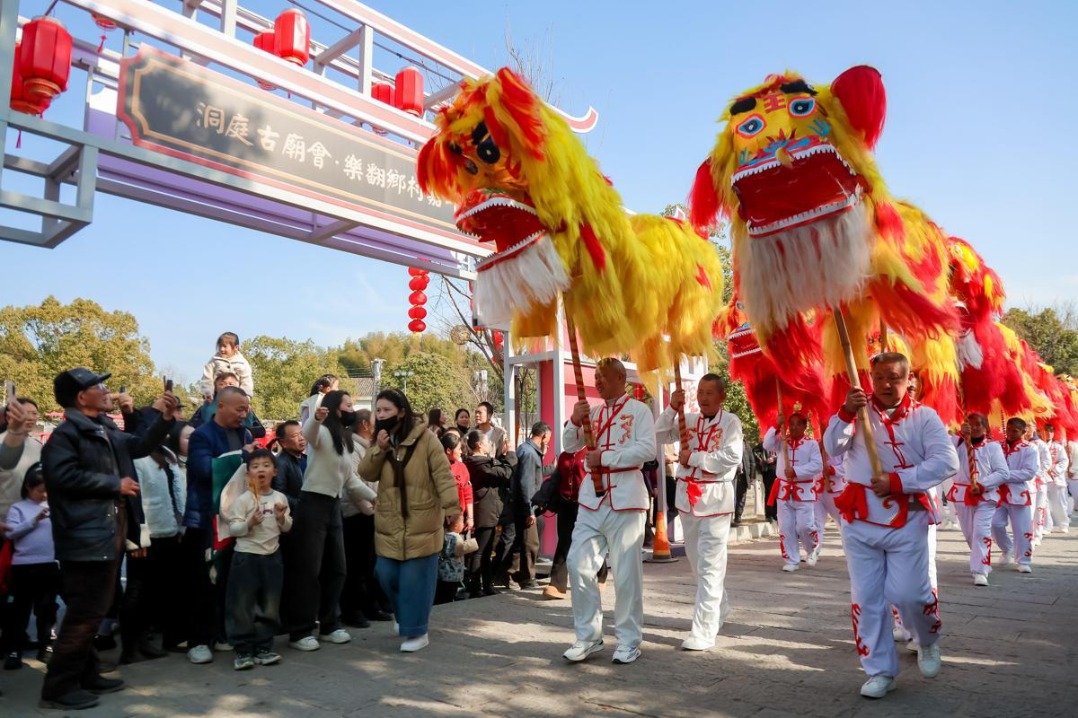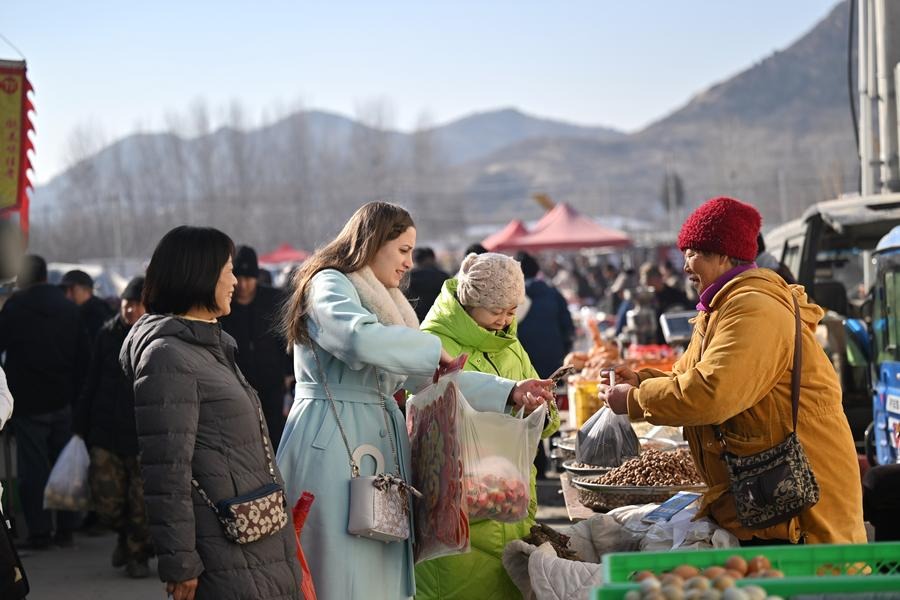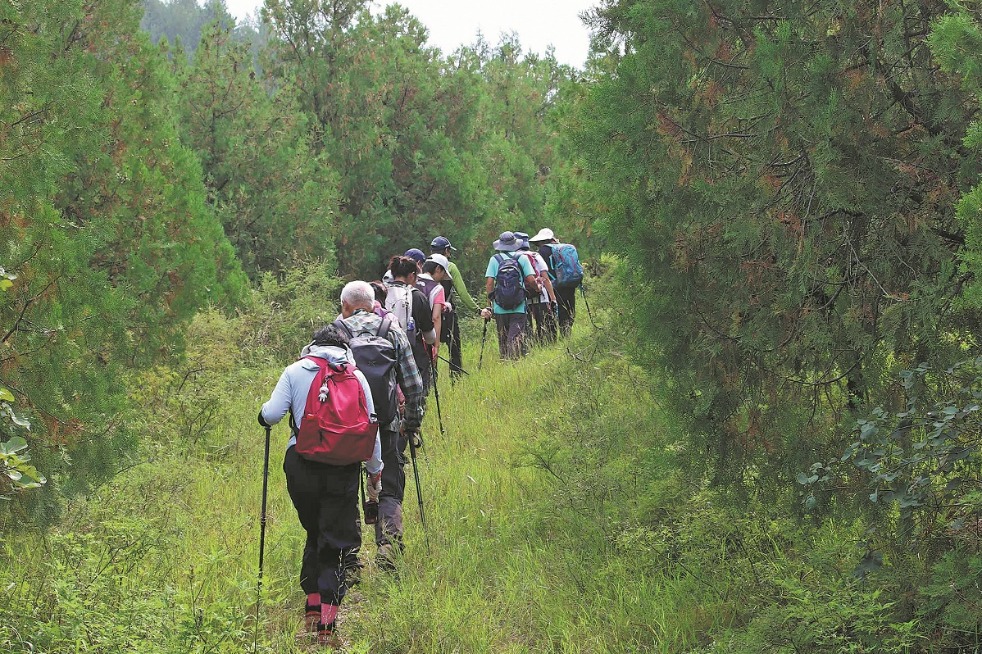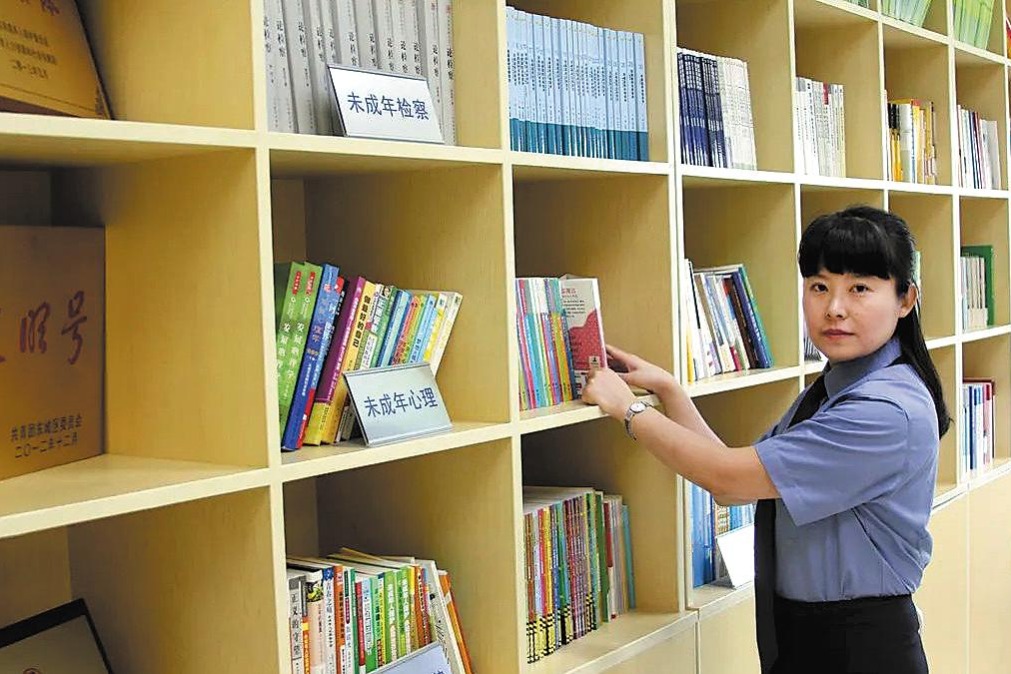Decision to overturn verdict wins applause
Experts hail Hubei court's retrial and fresh ruling in 'Breaking Bad' case

A recent decision by a Chinese court to amend its judgment in a drug case involving a former associate chemistry professor — dubbed as the "Chinese version of Breaking Bad" — underscores the nation's dedication to upholding the accurate application of laws and taking a firm stance against drug-related offenses, legal experts have said.
They made the comments after the Hubei High People's Court overturned its previous ruling against a group of former chemistry professionals.
In a statement released by the China National Narcotic Control Committee on Thursday, the high court announced a new verdict in December after a retrial, finding Yang Zhaohui, Zhang Zhengbo, Bao Junxi and Feng Jing guilty of drug smuggling, selling, transportation and manufacturing.
Yang and Zhang were resentenced to life imprisonment and 15 years in prison, respectively, while the earlier sentences of eight years each for Bao and Feng were upheld, the statement said.
Two years ago, the same court had sentenced Yang and Zhang to 13 and 11 years in prison, respectively, but at the time, the four were convicted of illegal business operations, it added.
The case received widespread public attention, as it stands out as a significant example of crime involving new psychoactive substances in China.
Chinese media previously reported that Zhang, the defendant, was an associate professor of chemistry at a university in Wuhan, capital of Hubei.
He and his former classmate, Yang, established a chemical company registered as a producer of pharmaceutical intermediates, and Bao and Feng worked for it. However, what they did was to produce methcathinone and distribute it overseas as regular chemical products.
The suspects were captured in June 2015. Investigators discovered that they had manufactured and sold over 110 kilograms of psychotropic drugs prohibited by the State between January 2014 and June 2015.
In March 2017, the Wuhan Intermediate People's Court convicted the four individuals of drug offense, sentencing Yang to death with a two-year reprieve. Zhang was given life imprisonment, and Bao and Feng were each sentenced to 15 years in prison.
Upholding justice
Following an appeal, the high court sent the case back to the Wuhan court for retrial in April 2018.
In June 2019, the defendants' sentences were reduced, but their original convictions were upheld.
The four appealed to the high court again, claiming that they produced pharmaceutical intermediates for chemical technology research and application, or medical purpose, not for drug abuse. They also argued that the distribution and usage of their products had not yet been determined.
In May 2023, after hearing the case, the high court changed their convictions to illegal business operations.
Prosecutors from Hubei challenged the ruling, pointing out that the convictions and sentences were legally flawed and too lenient. In September 2023, they requested a review from the Supreme People's Procuratorate, the country's top prosecuting authority, JCRB.com, a news outlet affiliated with the procuratorate, reported on Thursday.
While the top procuratorate was reviewing the case, the high court also realized discrepancies in its previous verdict, prompting it to open a retrial in October and issue the new judgment in December, the report said.
Hu Yaoxian, a prosecutor from the top procuratorate, emphasized in the report that Chinese law clearly defines drugs as narcotic and psychotropic substances regulated by the State, capable of causing addiction.
He highlighted that the substances involved in the case were under State control and classified as narcotics.
He praised the correction of the miscarriage of justice, stating that the adjustments in conviction and sentencing will help rehabilitate the defendants, raise awareness about the social harm caused by their actions and discourage further offenses.
"The case will also serve as a broader warning to the public that handling illegal narcotics or psychotropic substances controlled by the State is prohibited," Hu was quoted as saying by the JCRB.com report.
Li Huaisheng, a professor at the China University of Political Science and Law, told a news outlet of the Ministry of Public Security that the greatest significance of the correction is to maintain the country's order on drug control.
He underscored that illegally producing substances controlled by the country is considered drug manufacturing crime.
The news outlet also quoted Zhang Li, an associate professor at the People's Public Security University of China, as saying that the narcotic nature of psychoactive substances will not change with variations in their use or purpose.
By considering the substances as narcotics for medical uses, the defendants in the case were denying that their actions constitute the drug crime, he added.
caoyin@chinadaily.com.cn
- Decision to overturn verdict wins applause
- Cross-border trips to see uptick in Spring Festival
- Communities help delivery workers enjoy holiday
- Xi offers warm festive greetings
- Philippine vessel supervised during Ren'ai Reef incident, coast guard says
- Tibetan students lead grassroots effort to aid earthquake victims




































